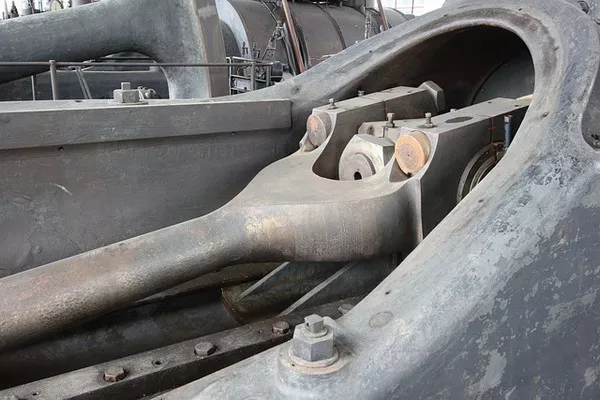A malfunctioning compressor is a common issue that can disrupt the performance of an air conditioning (AC) system. Recognizing the signs of a bad compressor is crucial for homeowners and HVAC technicians alike, as it helps in addressing the problem promptly and efficiently. In this comprehensive guide, we will explore the various methods and indicators used to diagnose a faulty compressor in an AC system.
Understanding the Role of the Compressor
The compressor is a vital component of an AC system responsible for circulating refrigerant through the system, thereby facilitating the cooling process. It compresses the low-pressure refrigerant vapor into high-pressure gas, which then passes through the condenser and evaporator coils to remove heat from indoor spaces.
Signs of a Bad Compressor
When a compressor begins to fail, it exhibits several noticeable symptoms that can serve as red flags for homeowners and technicians. Some of the most common signs include:
Lack of Cooling: The primary purpose of an AC system is to cool indoor spaces. If the air conditioner is running but not providing sufficient cooling, the compressor could be at fault.
Warm Air from Vents: When warm or lukewarm air comes out of the vents instead of cold air, it suggests that the compressor is failing to adequately compress the refrigerant.
Unusual Noises: A faulty compressor may produce strange noises such as grinding, squealing, or banging sounds. These noises often indicate internal mechanical issues.
Tripped Breaker or Fuse: If the compressor is drawing excessive current due to a fault, it can trip the circuit breaker or blow a fuse.
Visible Leaks or Frost: Visual inspection of the compressor unit might reveal refrigerant leaks or frost accumulation on the compressor or refrigerant lines, indicating an issue with the system.
Steps to Check a Bad Compressor
Diagnosing a bad compressor involves a systematic approach that includes both visual inspection and testing procedures. Here’s a step-by-step guide:
1. Visual Inspection
Start by inspecting the compressor unit and surrounding components:
Refrigerant Leaks: Look for any signs of oil or refrigerant leaks around the compressor or refrigerant lines.
Frost or Ice: Check if there’s excessive frost or ice buildup on the compressor, which could indicate a refrigerant flow issue.
Electrical Connections: Ensure that all electrical connections to the compressor are secure and undamaged.
2. Electrical Testing
Use a multimeter to perform the following electrical tests:
Continuity Test: Check for continuity across the compressor terminals. A lack of continuity indicates a faulty compressor motor.
Capacitor Test: Measure the capacitance of the start and run capacitors. Faulty capacitors can prevent the compressor from starting or running efficiently.
3. Refrigerant Pressure Testing
Connect a manifold gauge set to measure the refrigerant pressure:
High-Side Pressure: Compare the high-side pressure readings against the manufacturer’s specifications. Abnormally high or low pressures can indicate compressor problems.
Low-Side Pressure: Similarly, check the low-side pressure readings for abnormalities.
4. Compressor Running Test
Listen Carefully: Turn on the AC system and listen for any unusual noises coming from the compressor.
Observation: Monitor the compressor operation to see if it cycles on and off properly.
5. Professional Assessment
If the initial checks and tests indicate a potential compressor issue, it’s advisable to seek assistance from a qualified HVAC technician. They can perform more advanced diagnostic tests and recommend appropriate repairs or replacements.
See also How to Test if Your AC Compressor is Bad
Conclusion
A malfunctioning compressor can significantly impair the performance of an air conditioning system. By familiarizing yourself with the signs and diagnostic procedures outlined in this guide, you can effectively identify and address compressor issues early on. Remember, timely intervention is key to preventing further damage and ensuring the longevity of your AC system. If in doubt, always consult a professional HVAC technician for expert advice and service.

